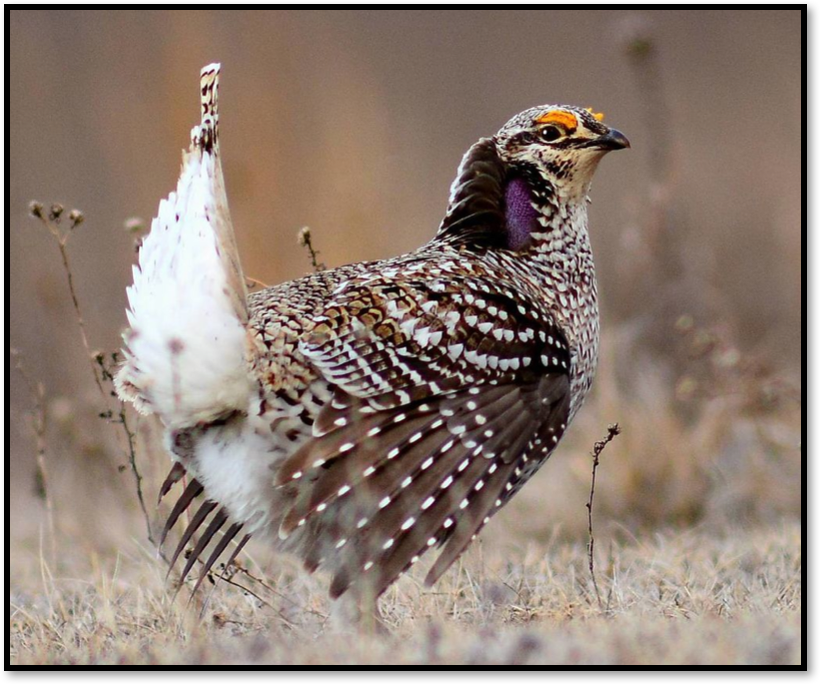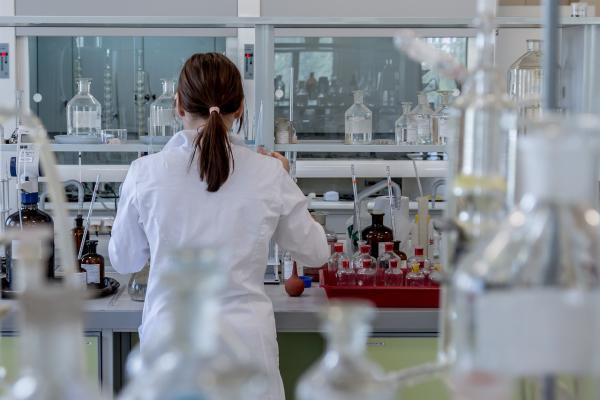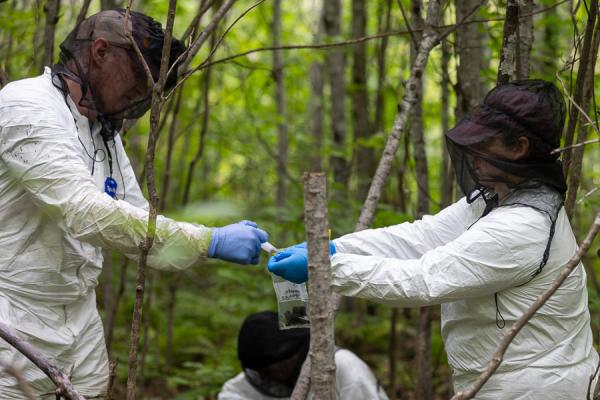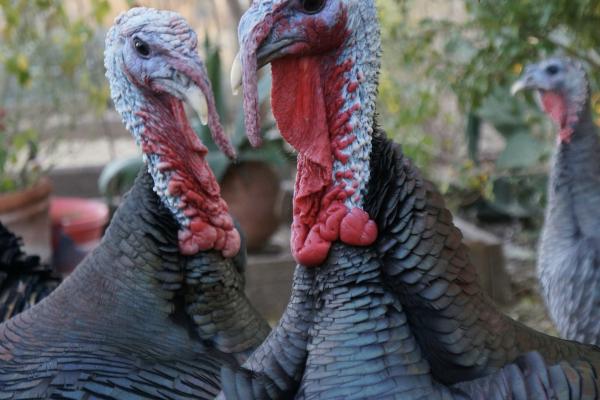Research roundup: How can scientists non-invasively measure pesticides in wild bird species?
May 21, 2020

Pesticides used in agriculture and landscaping negatively impact the health of wild birds, as birds can ingest pesticide-treated seeds. Among the many dangerous effects, birds can experience sedation, suppressed immunity, altered flight and migration, fewer and smaller hatched chicks, and death with ingestion of as few as six pesticide-containing seeds. Julia Ponder, DVM, MPH, executive director at the University of Minnesota College of Veterinary Medicine’s Raptor Center, recently collaborated with a team of researchers to determine the least invasive way to measure the levels and effects of pesticide consumption in wild birds. The researchers used domestic chicken models to identify that pesticide residues are detectable in feces longer than other tissues. These findings could have implications for finding a non-lethal method of detecting pesticide exposure in wild birds. As researchers seek to reduce the detrimental effects of pesticides on bird health and to understand when the exposure occurs and to what degree, fecal samples will also be the easiest to obtain. The team of scientists also cited a need for further studies that correlate pesticide residues with levels of exposure or impacts.
Read more in the April 9 paper published in Environmental Toxicology and Chemistry.
Photo courtesy of Charlotte Roy


